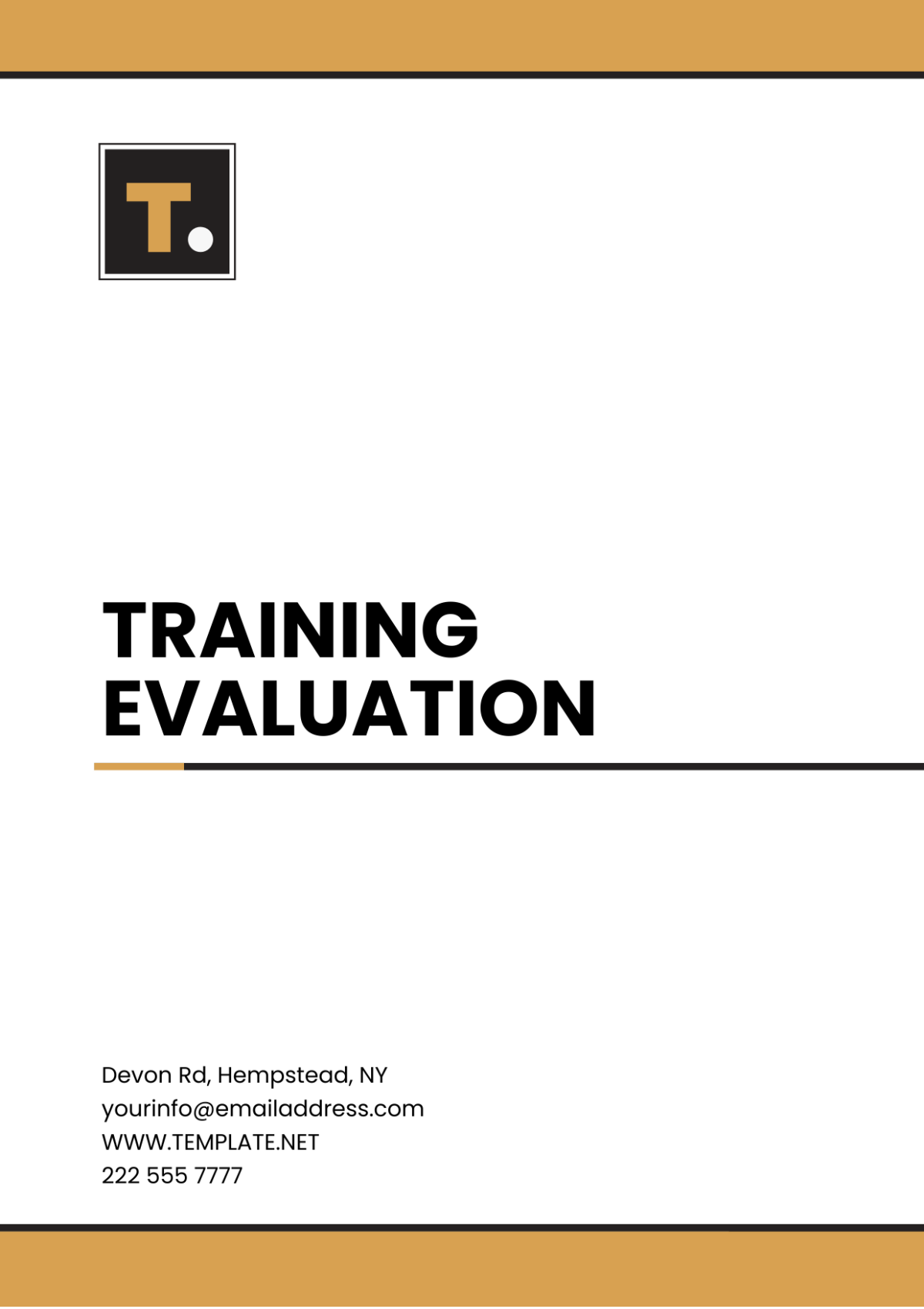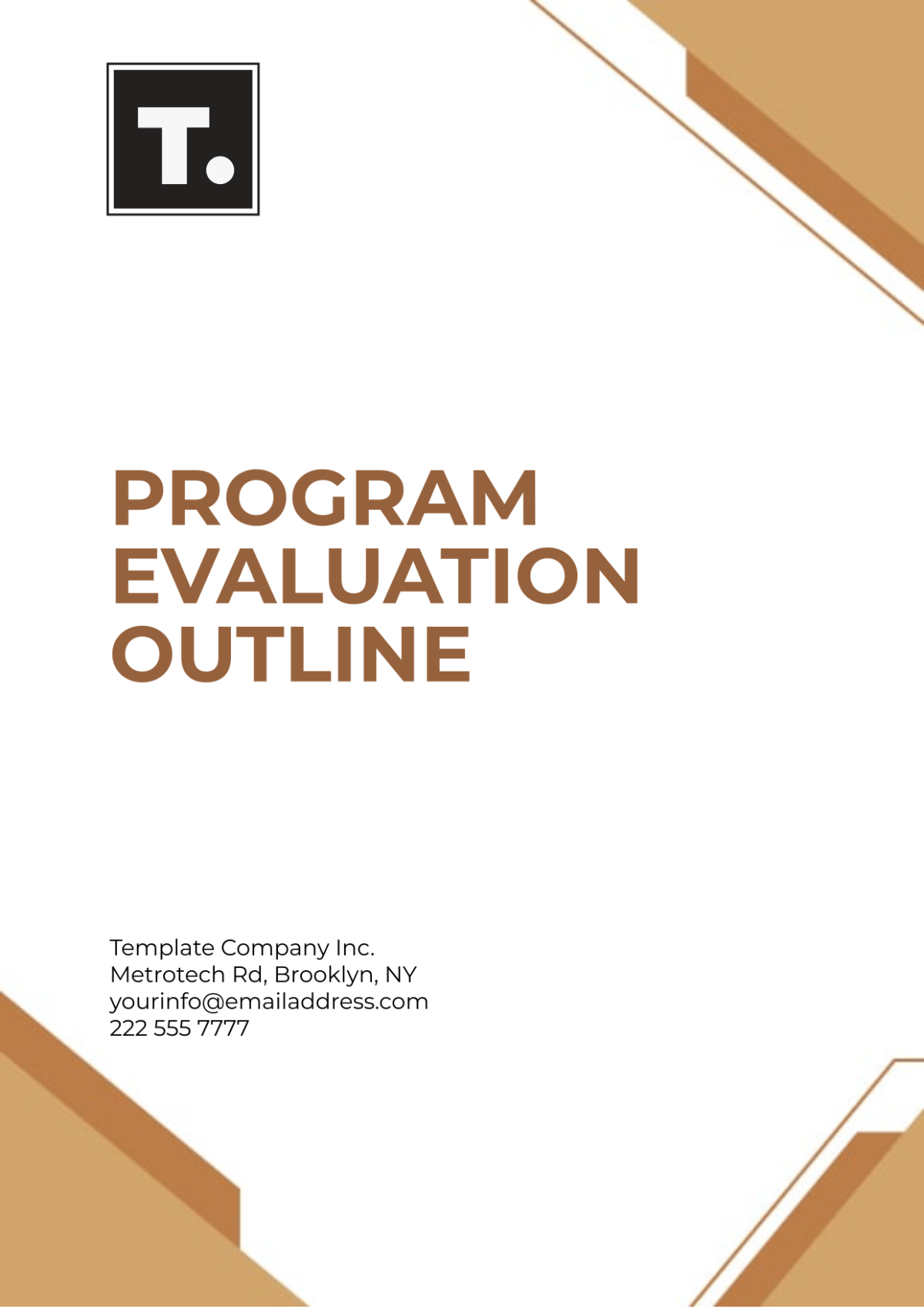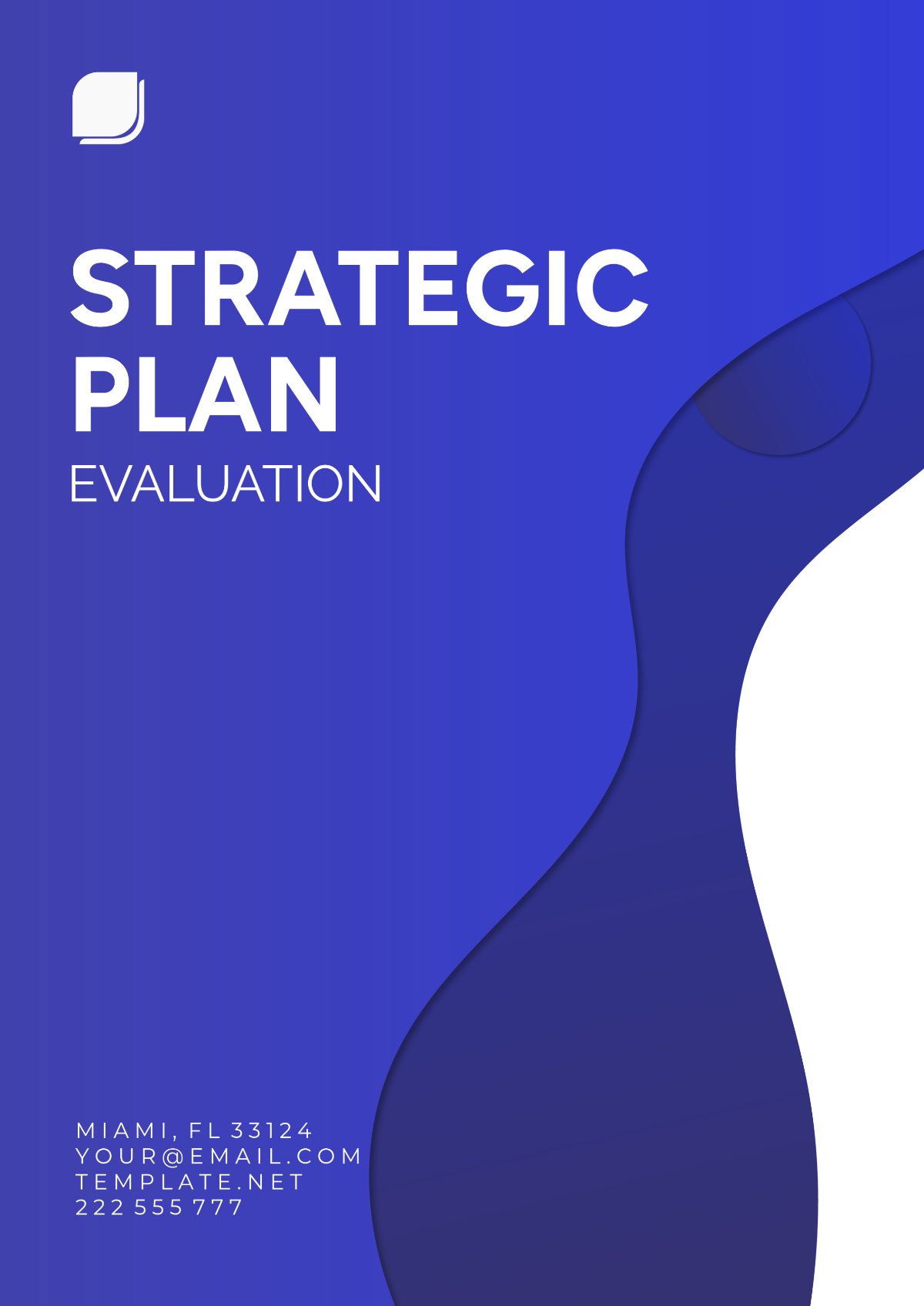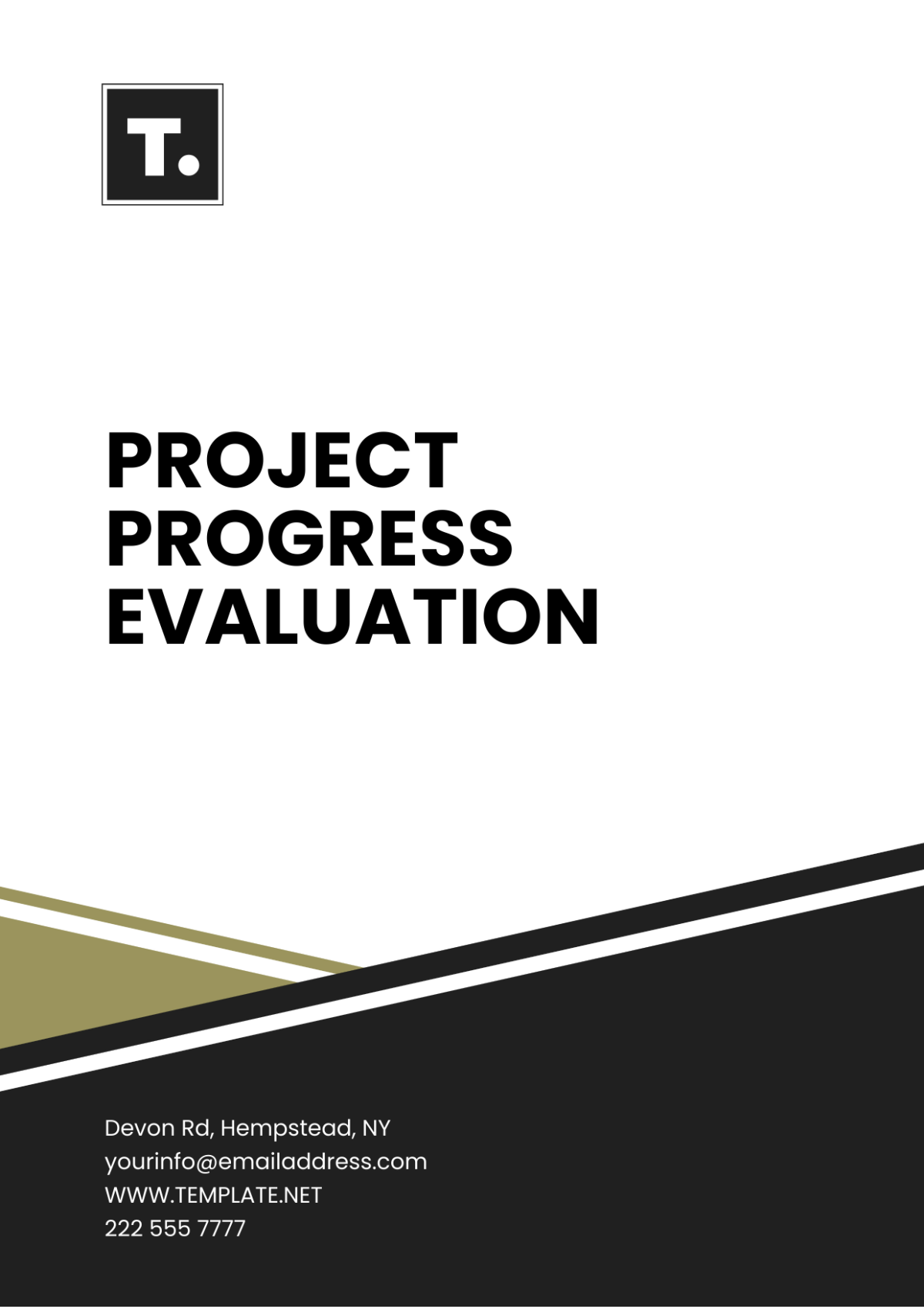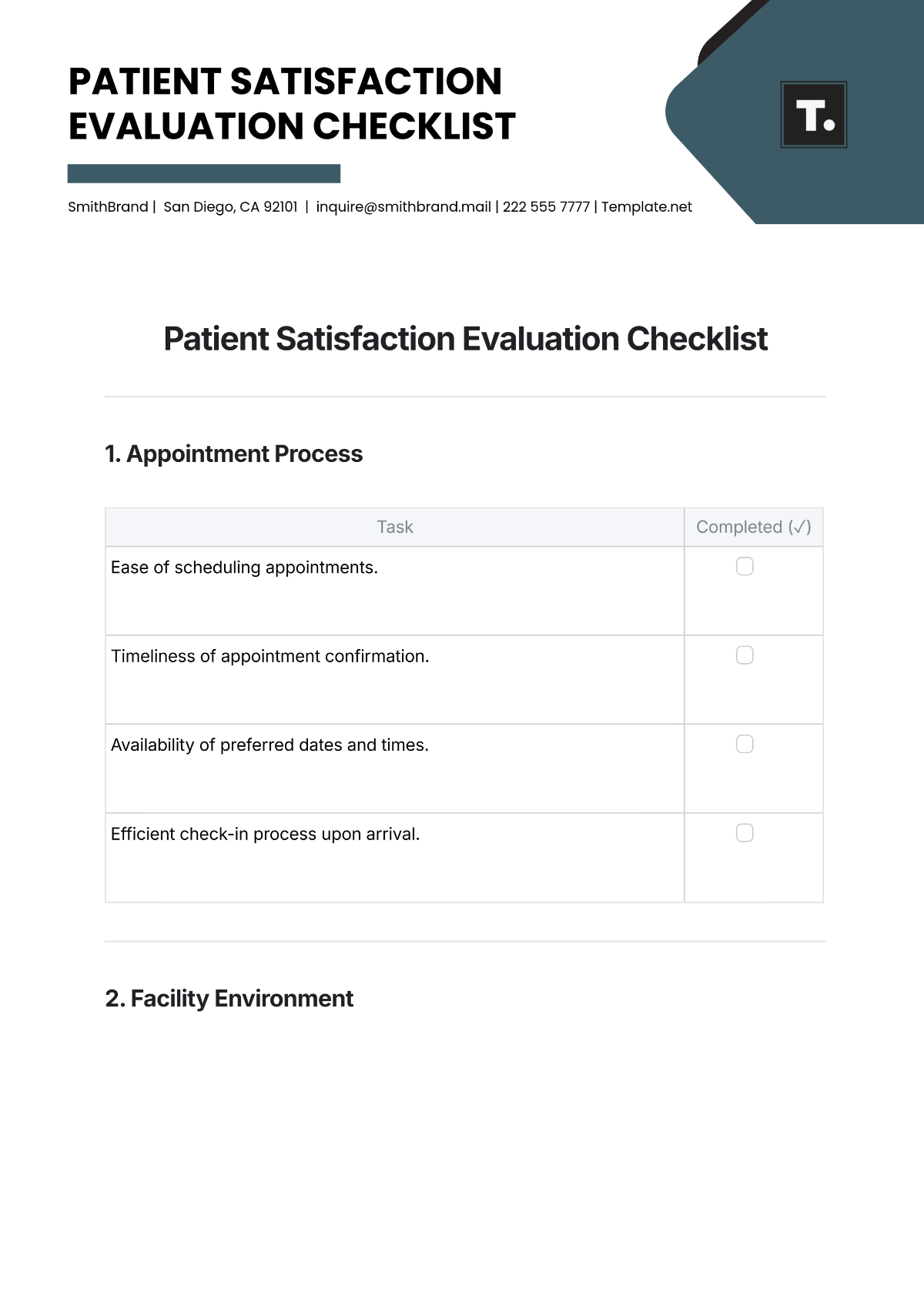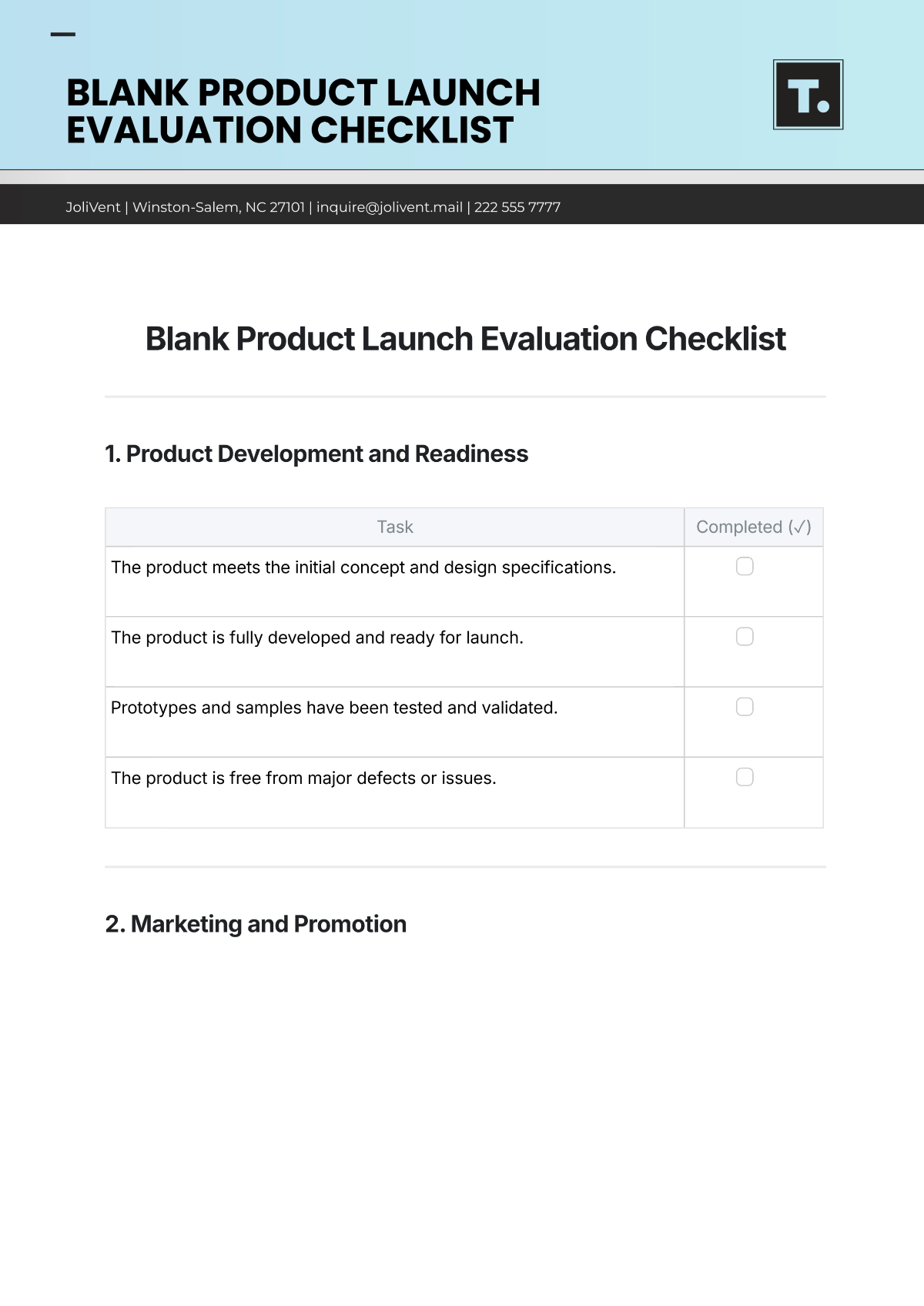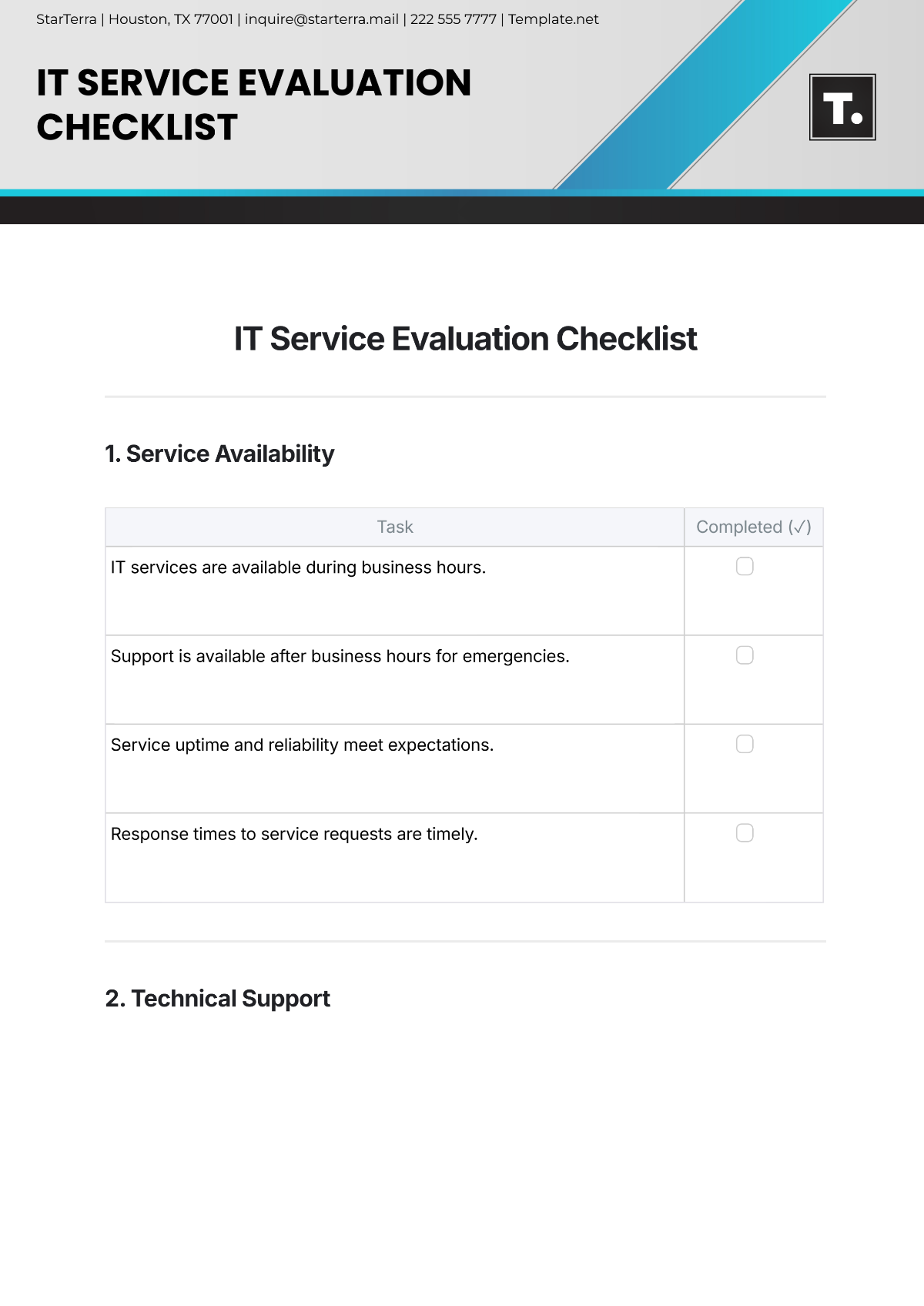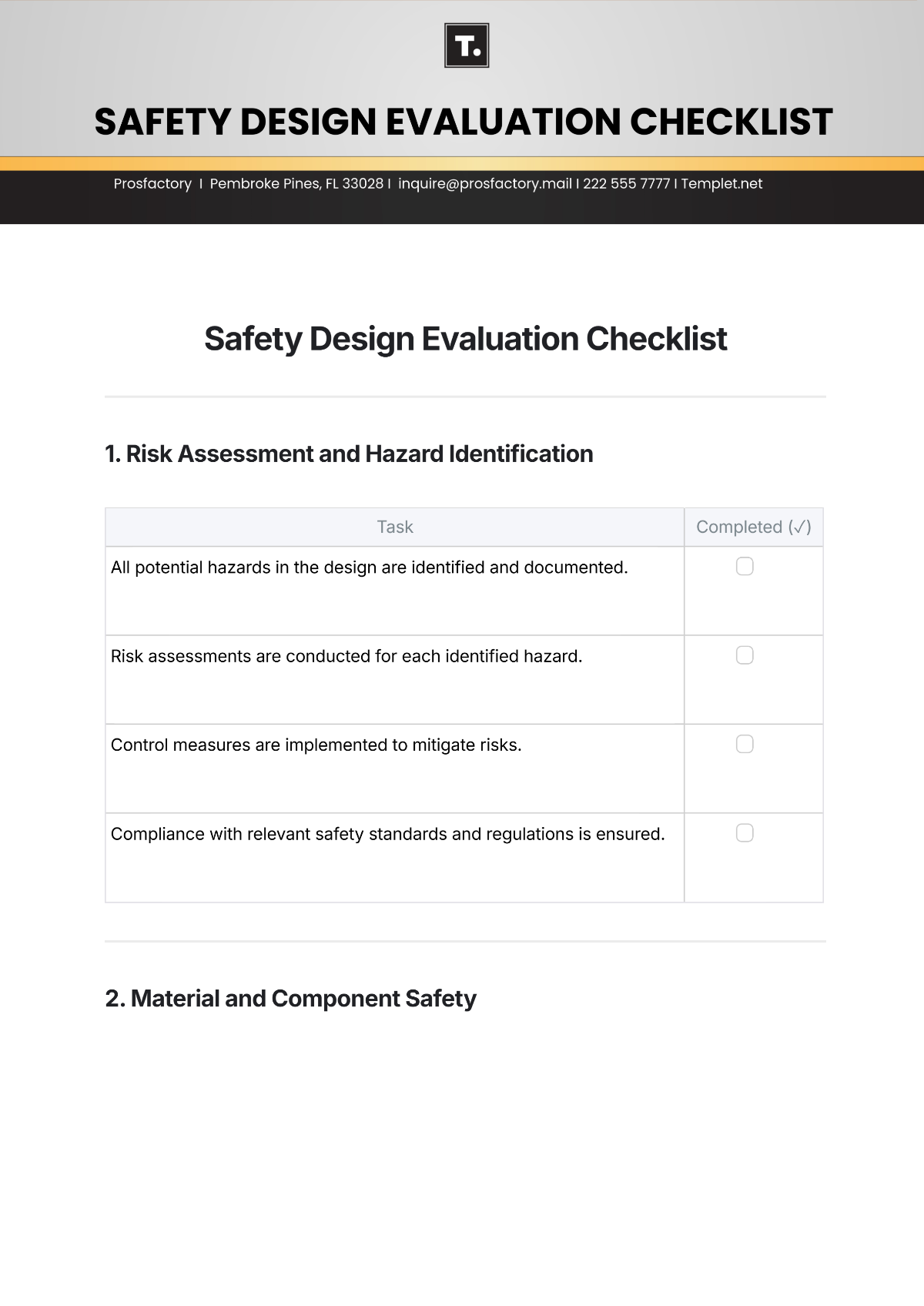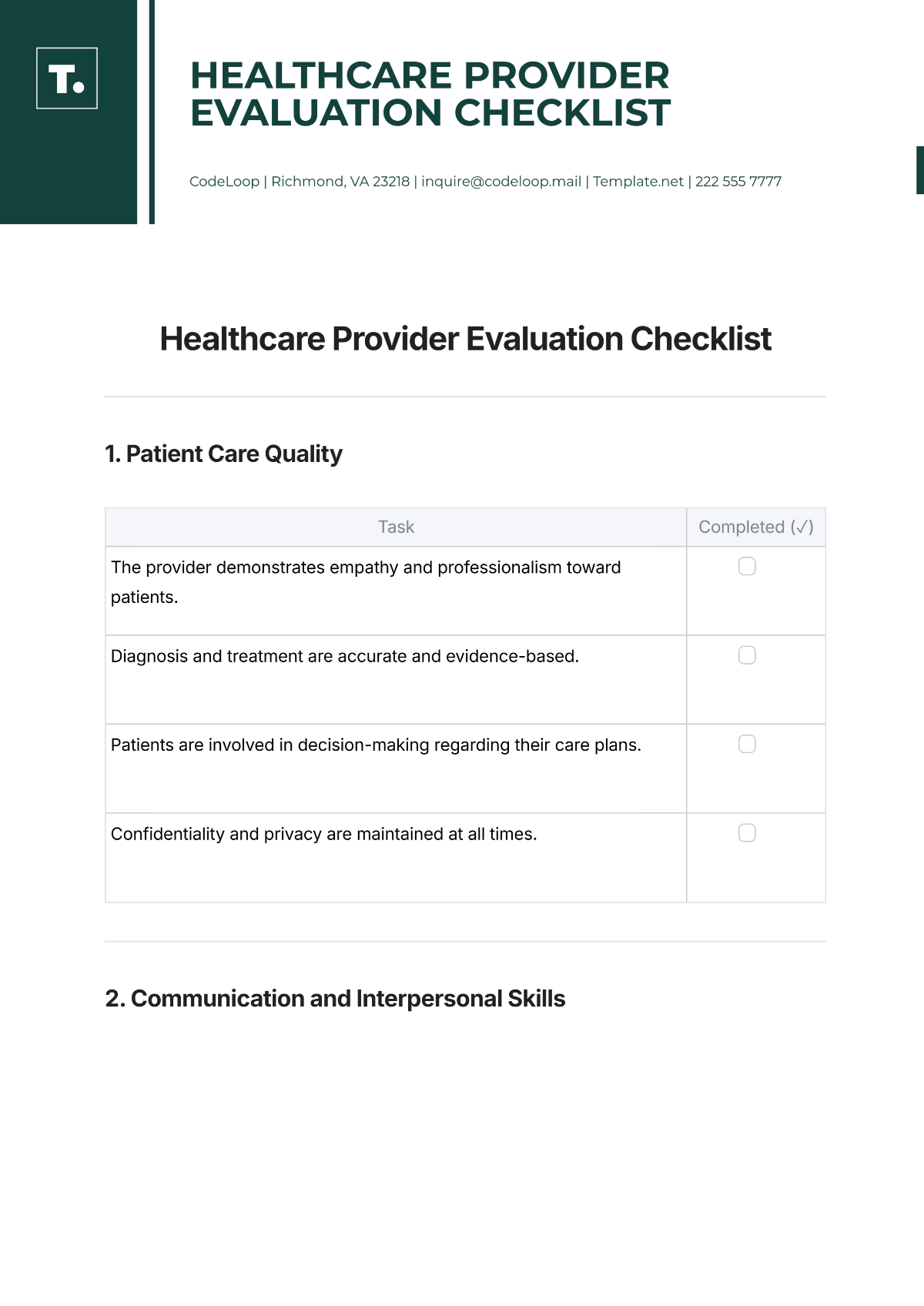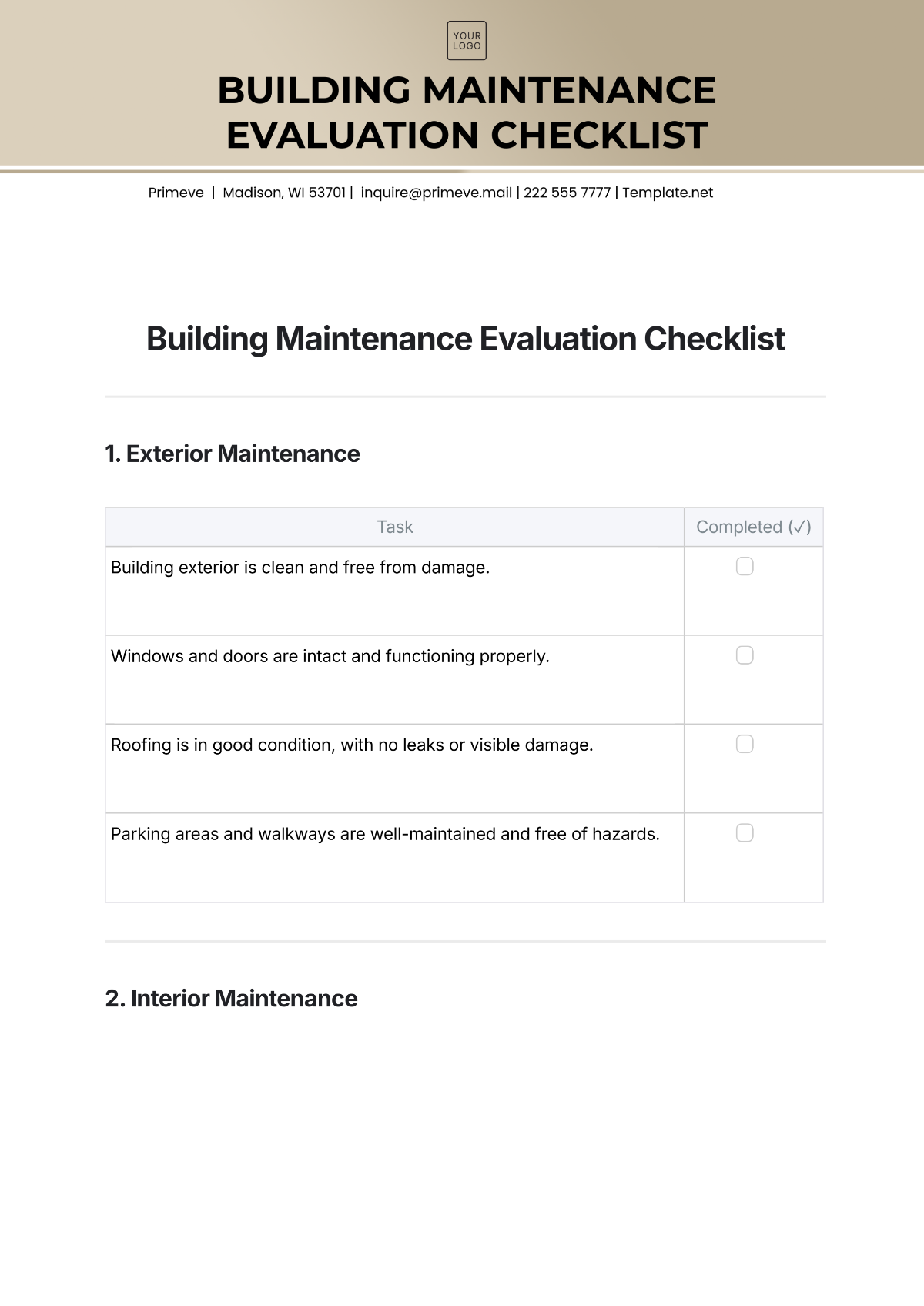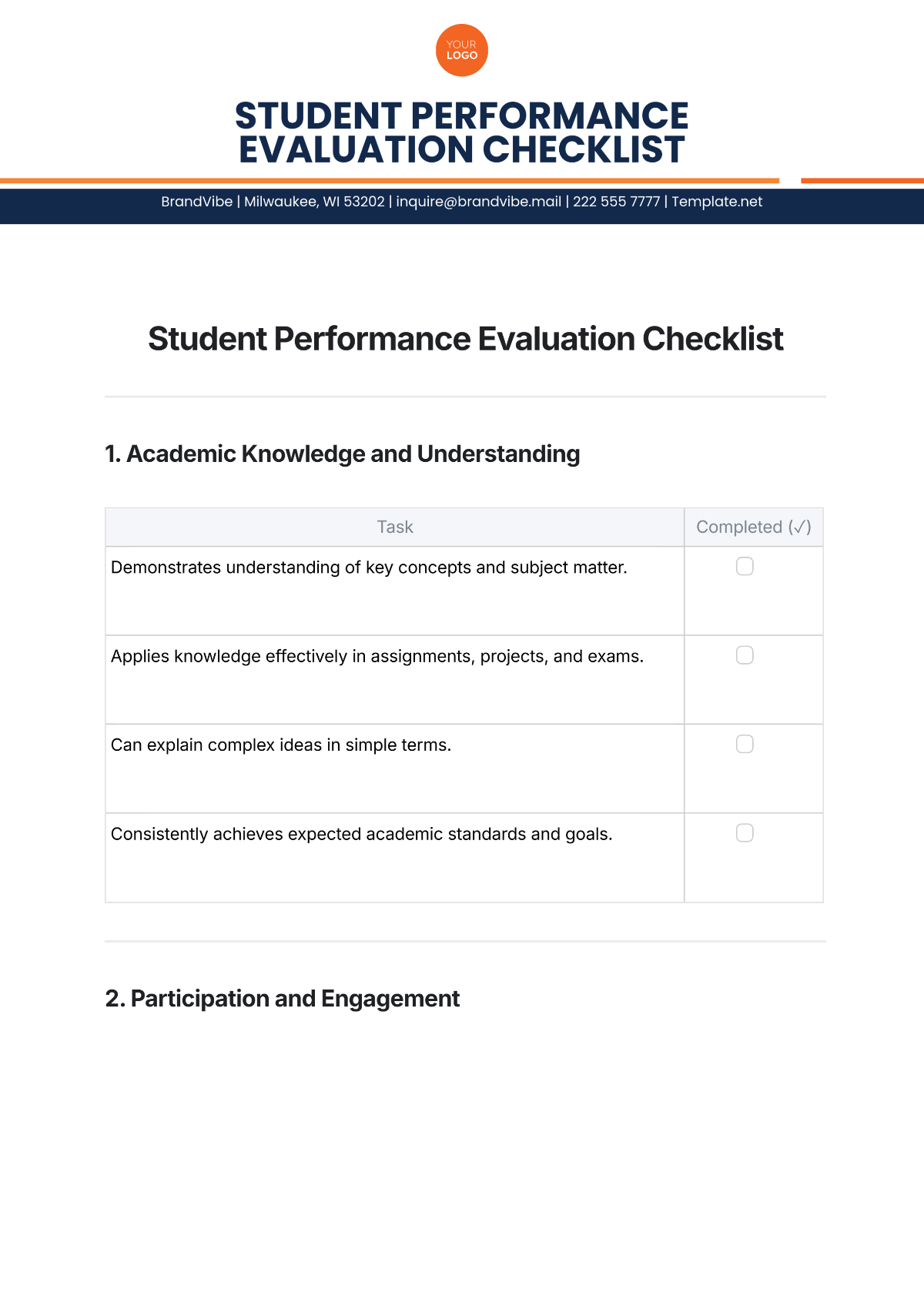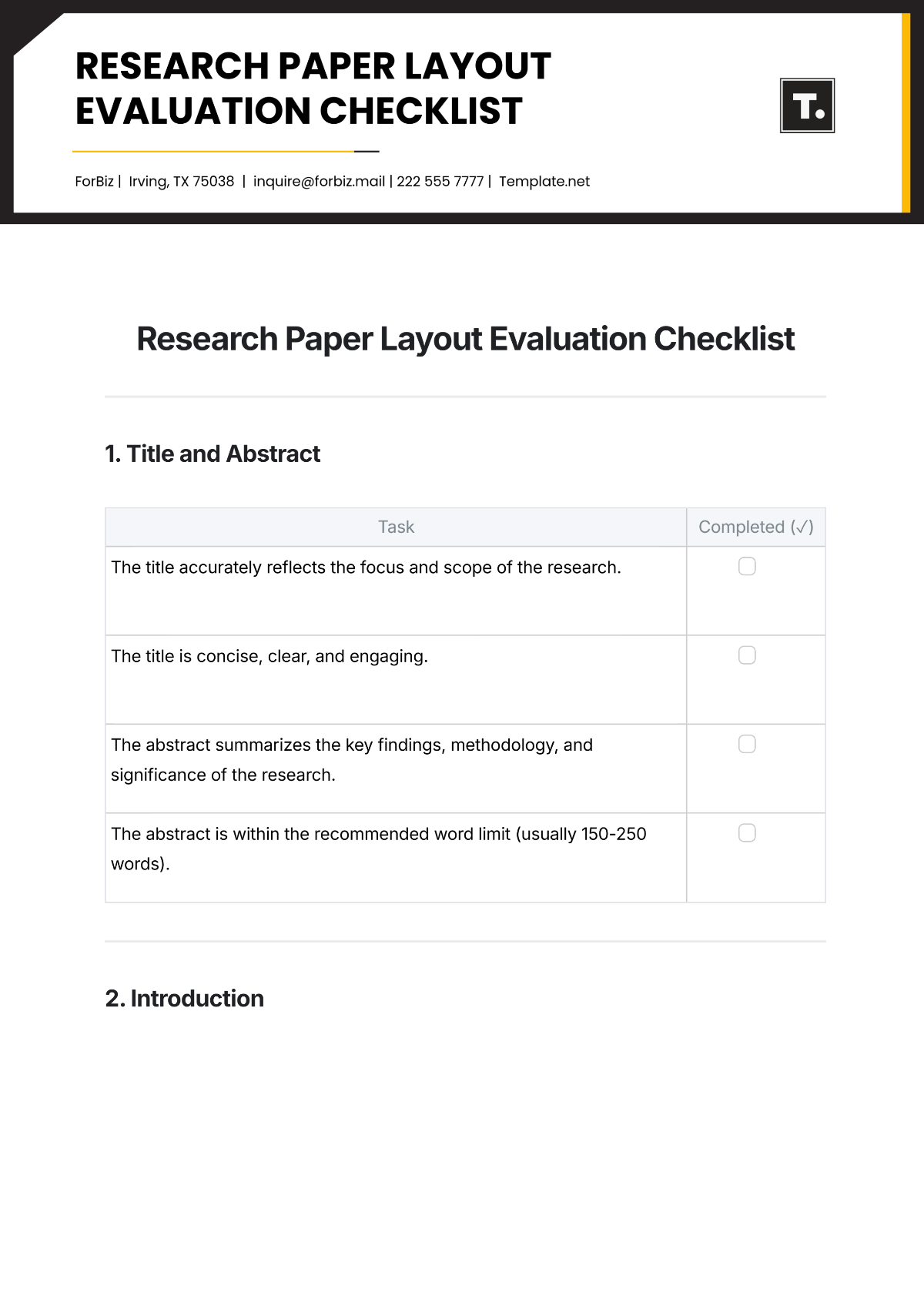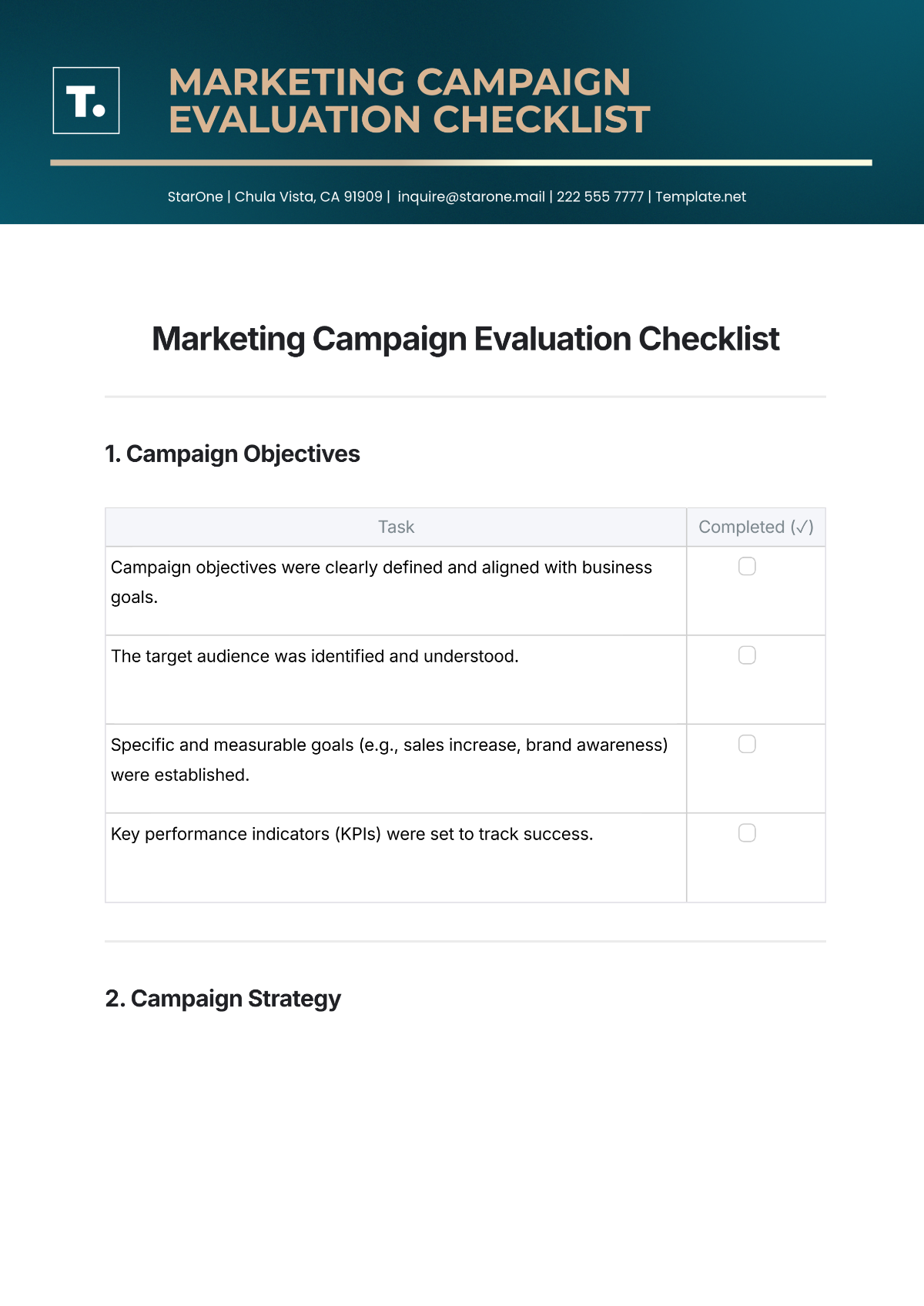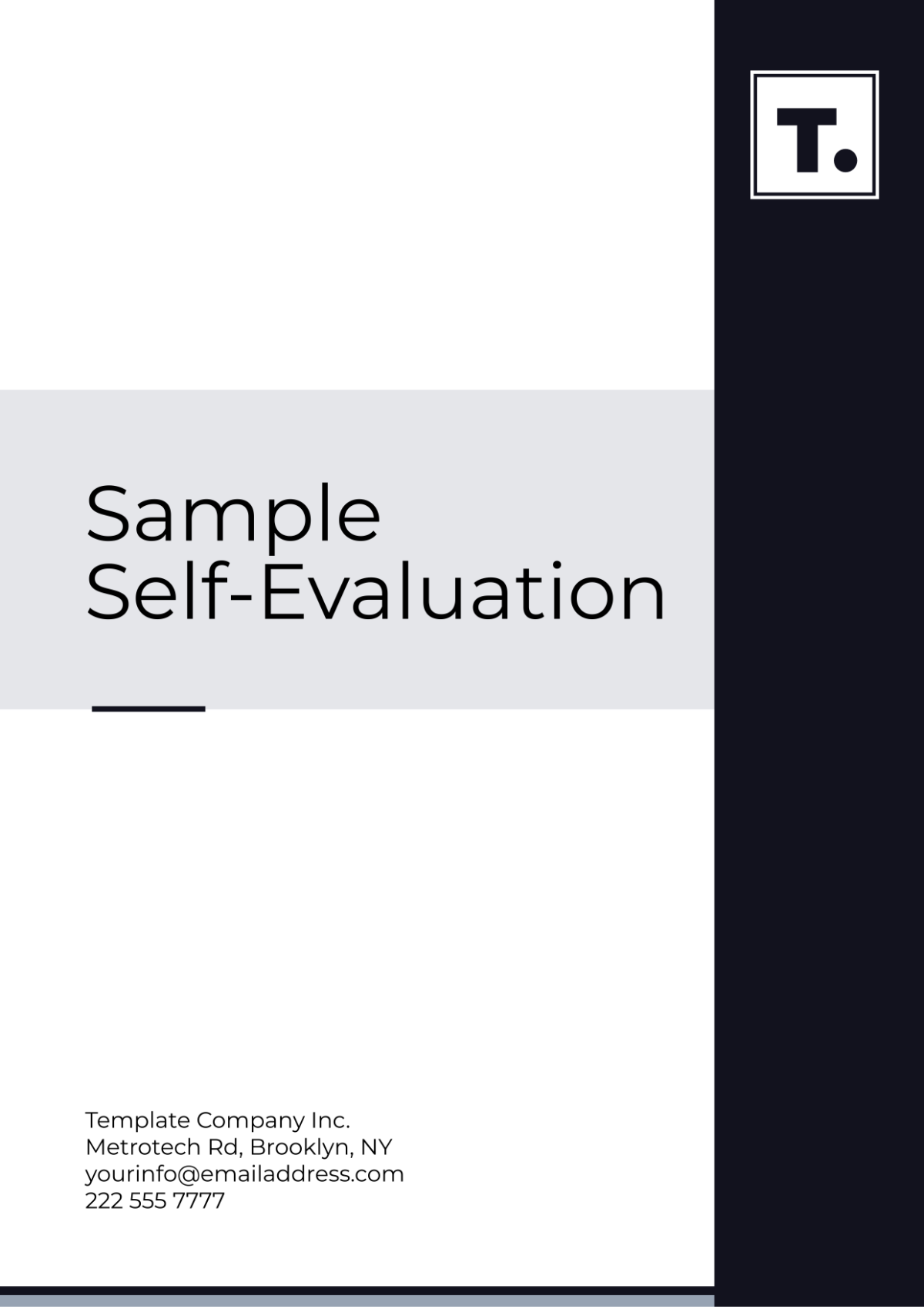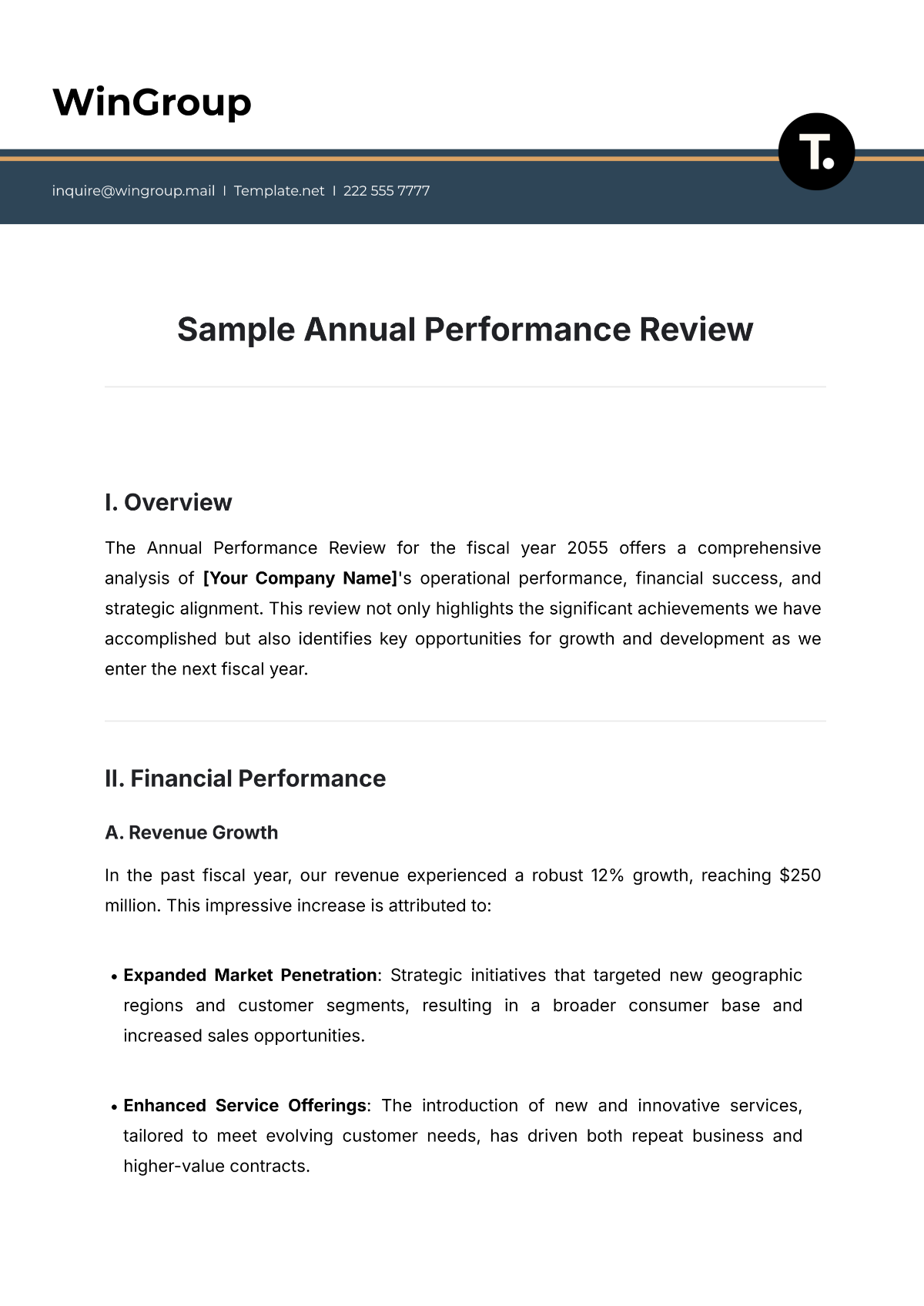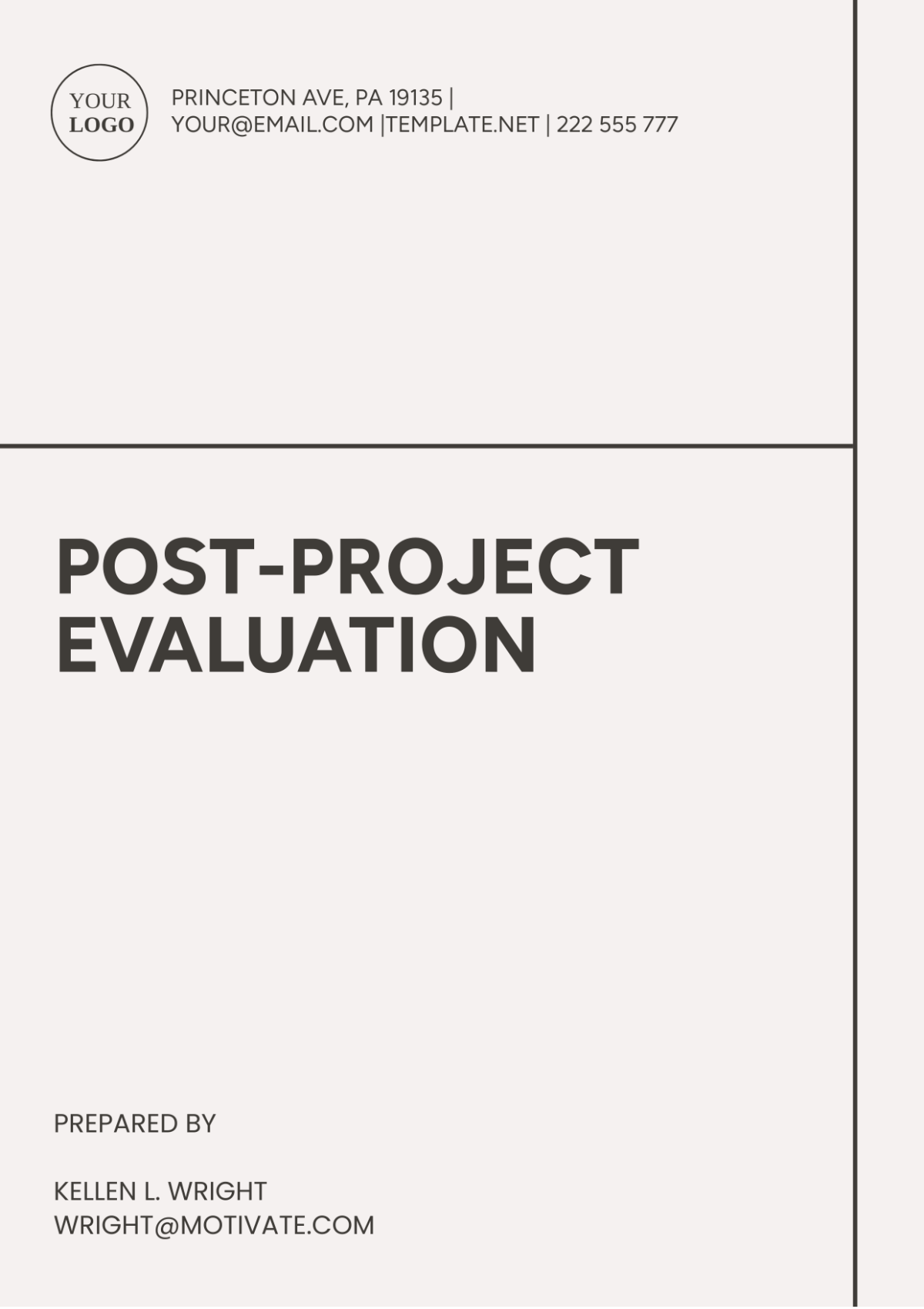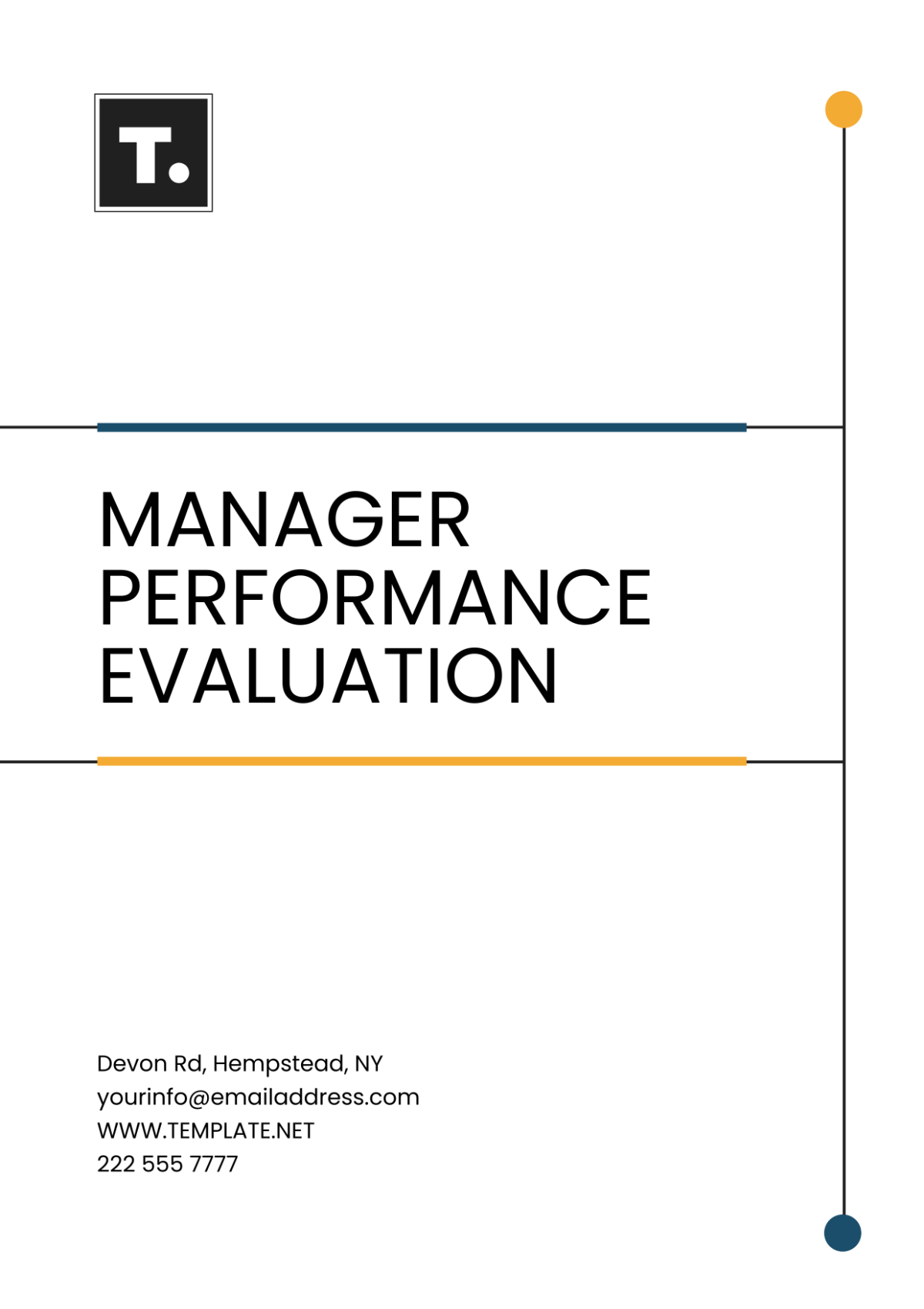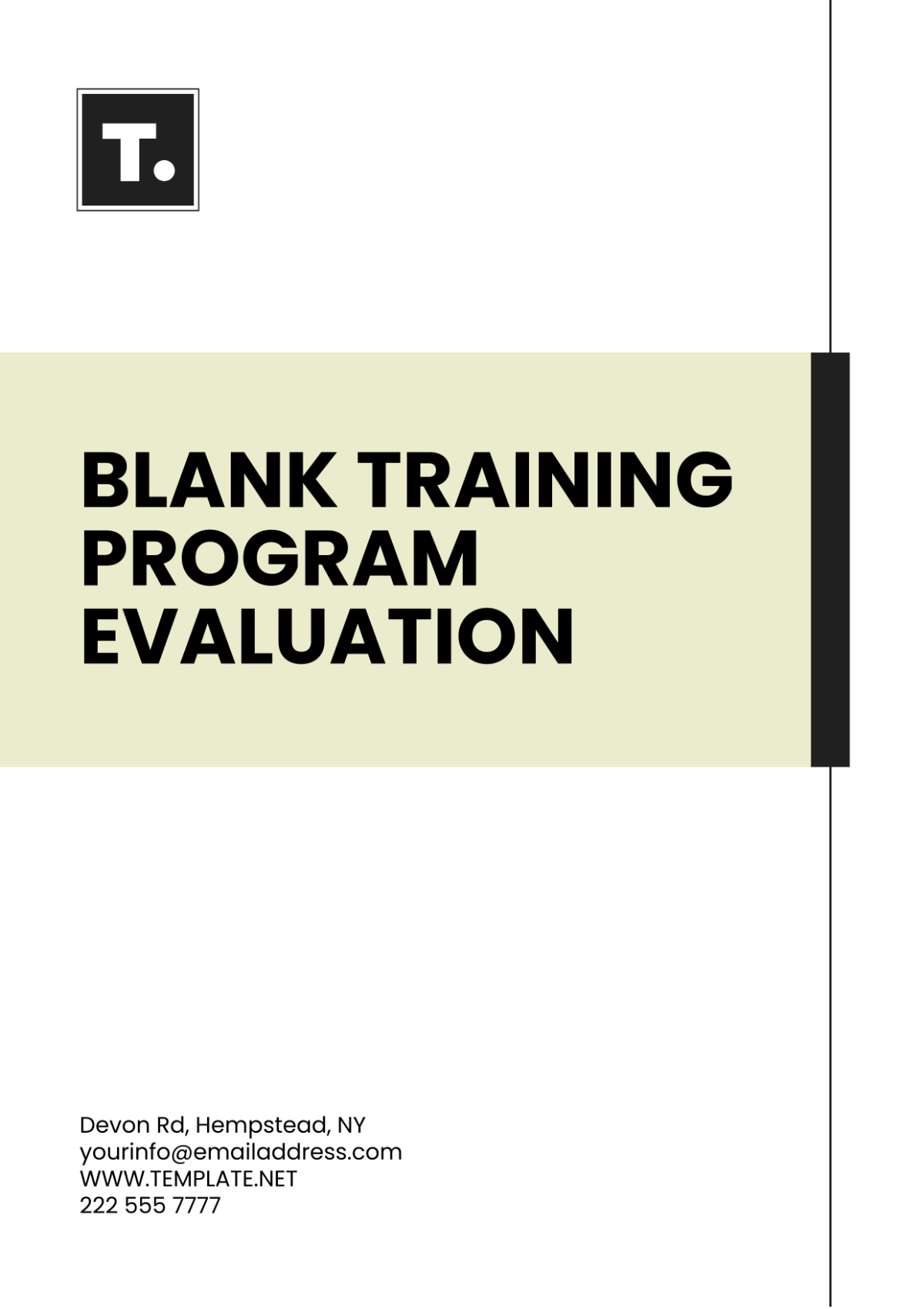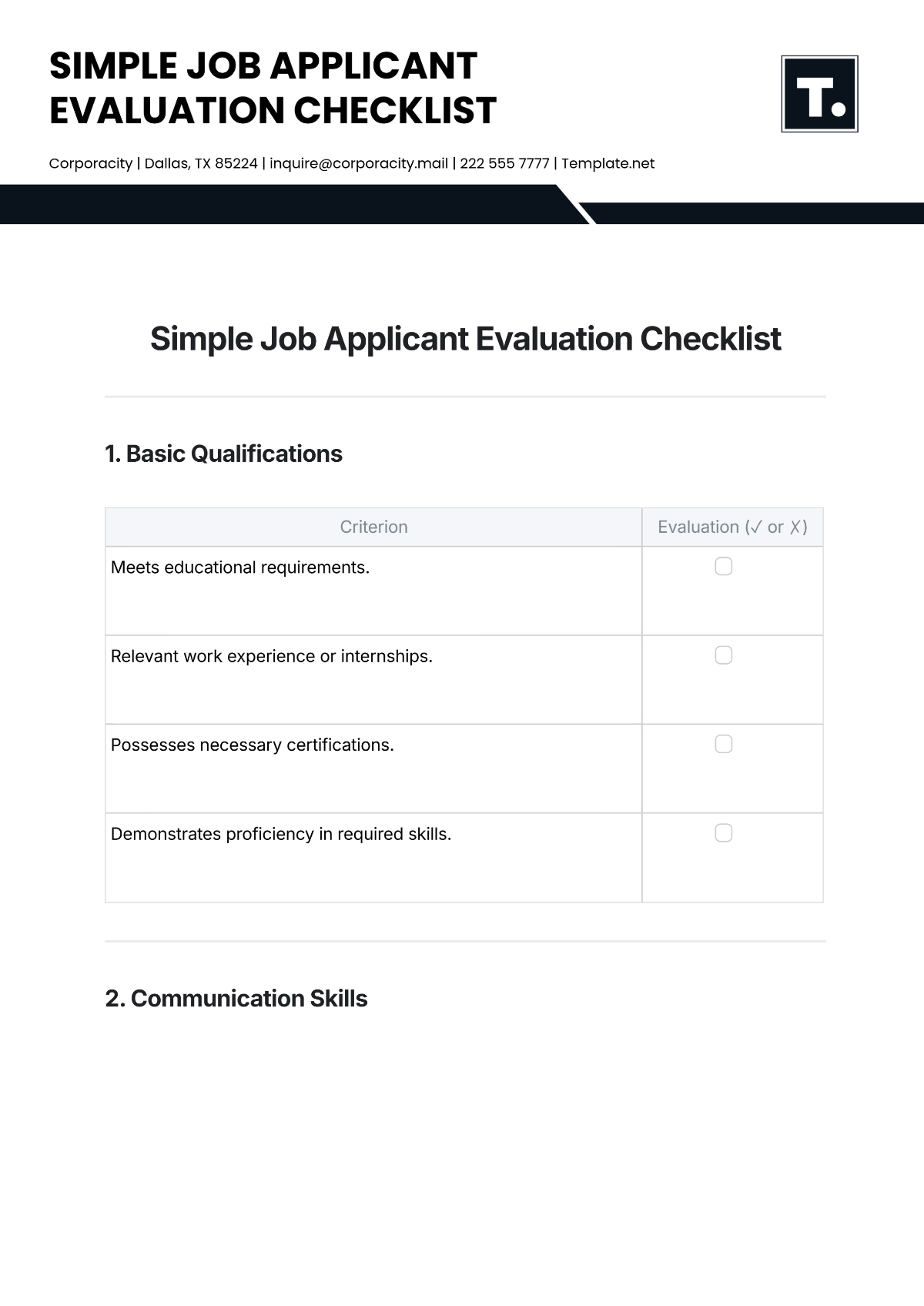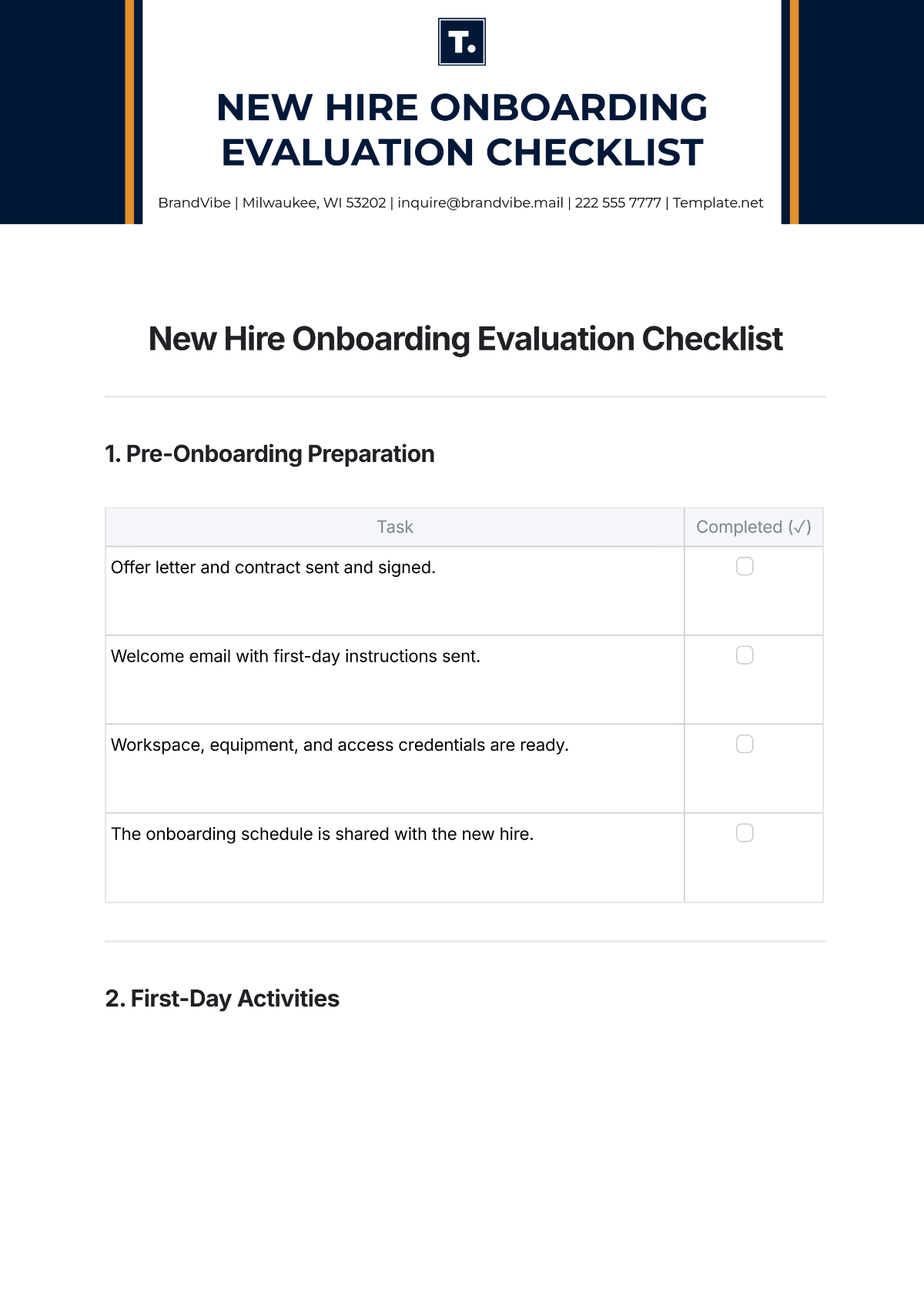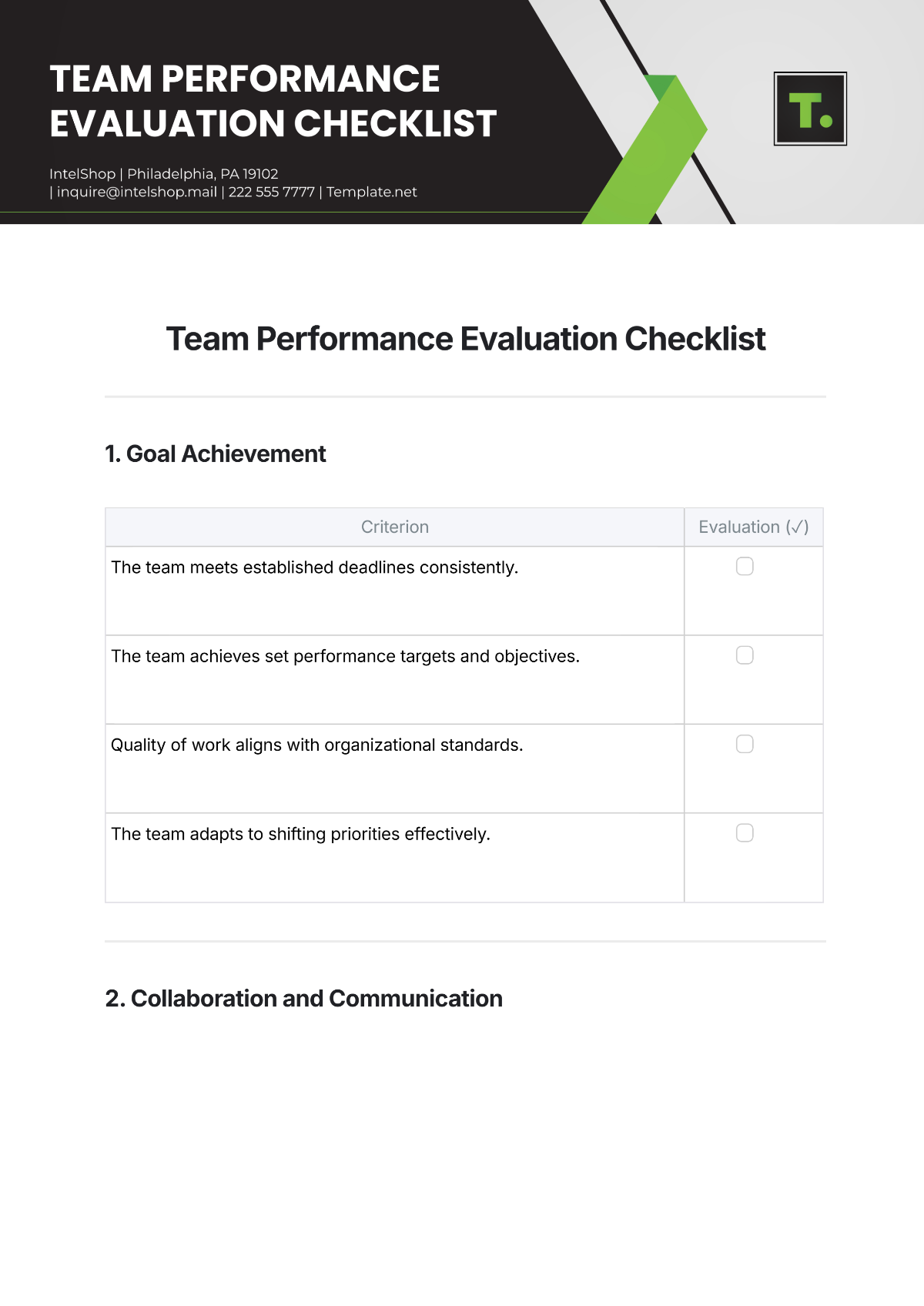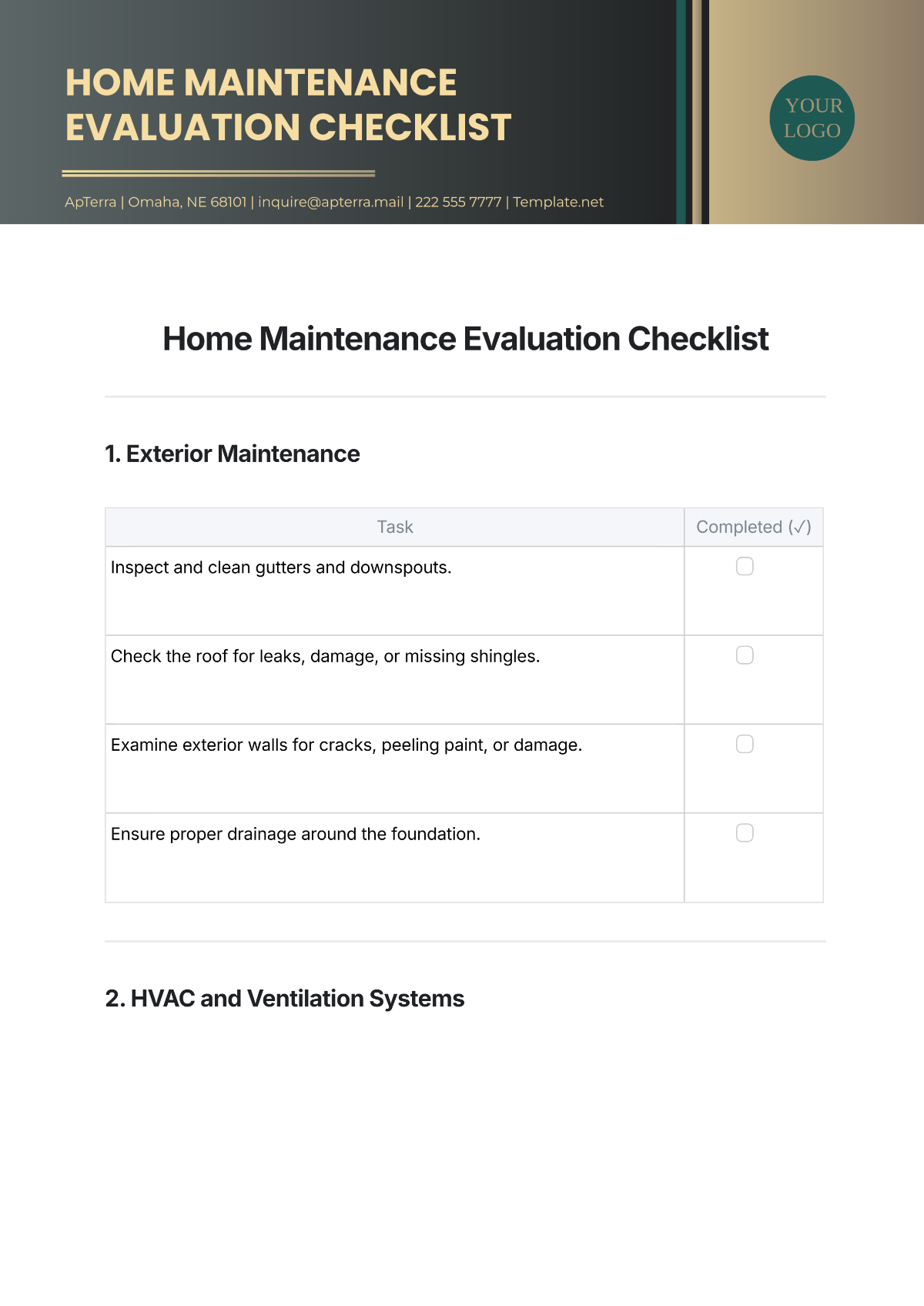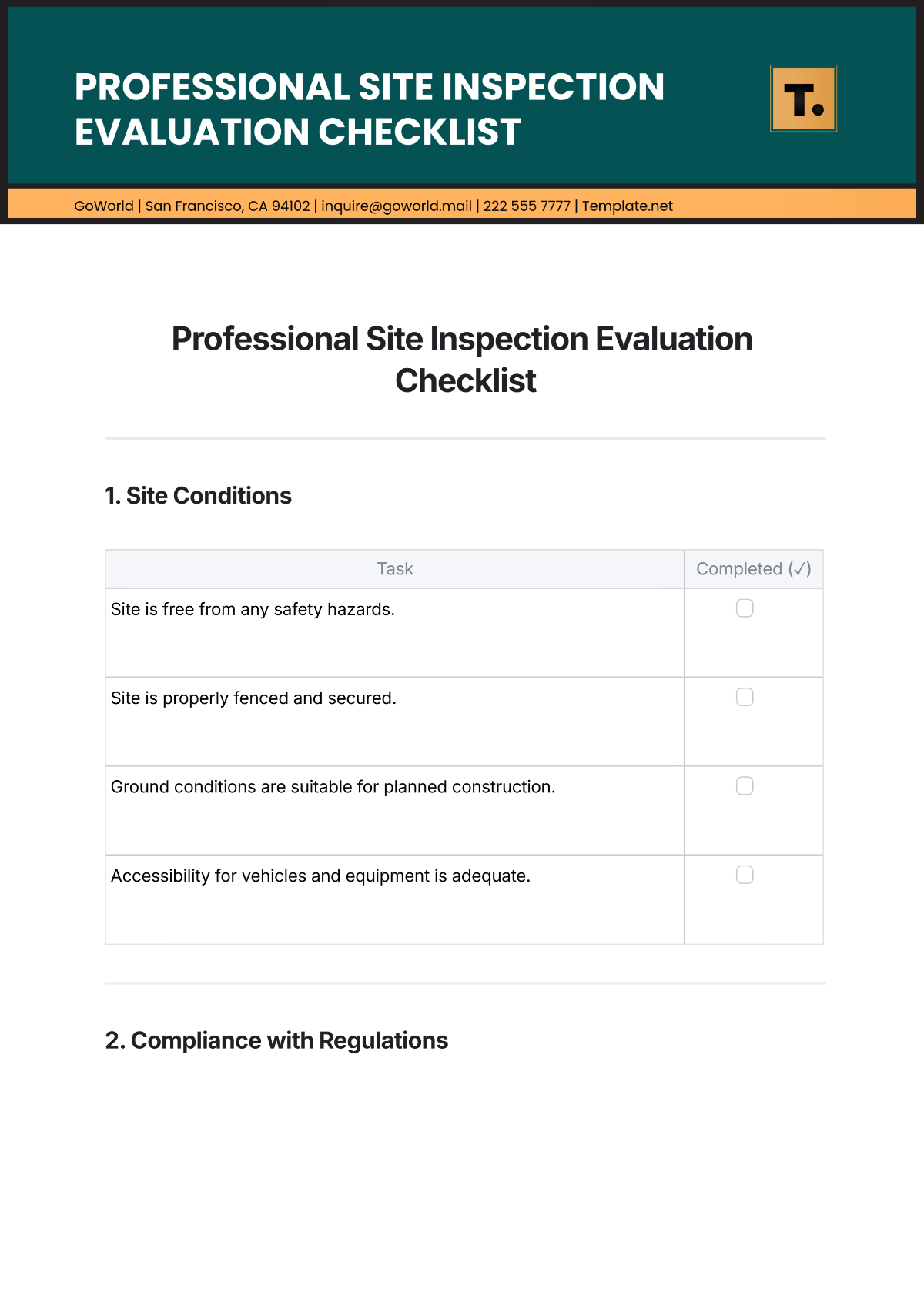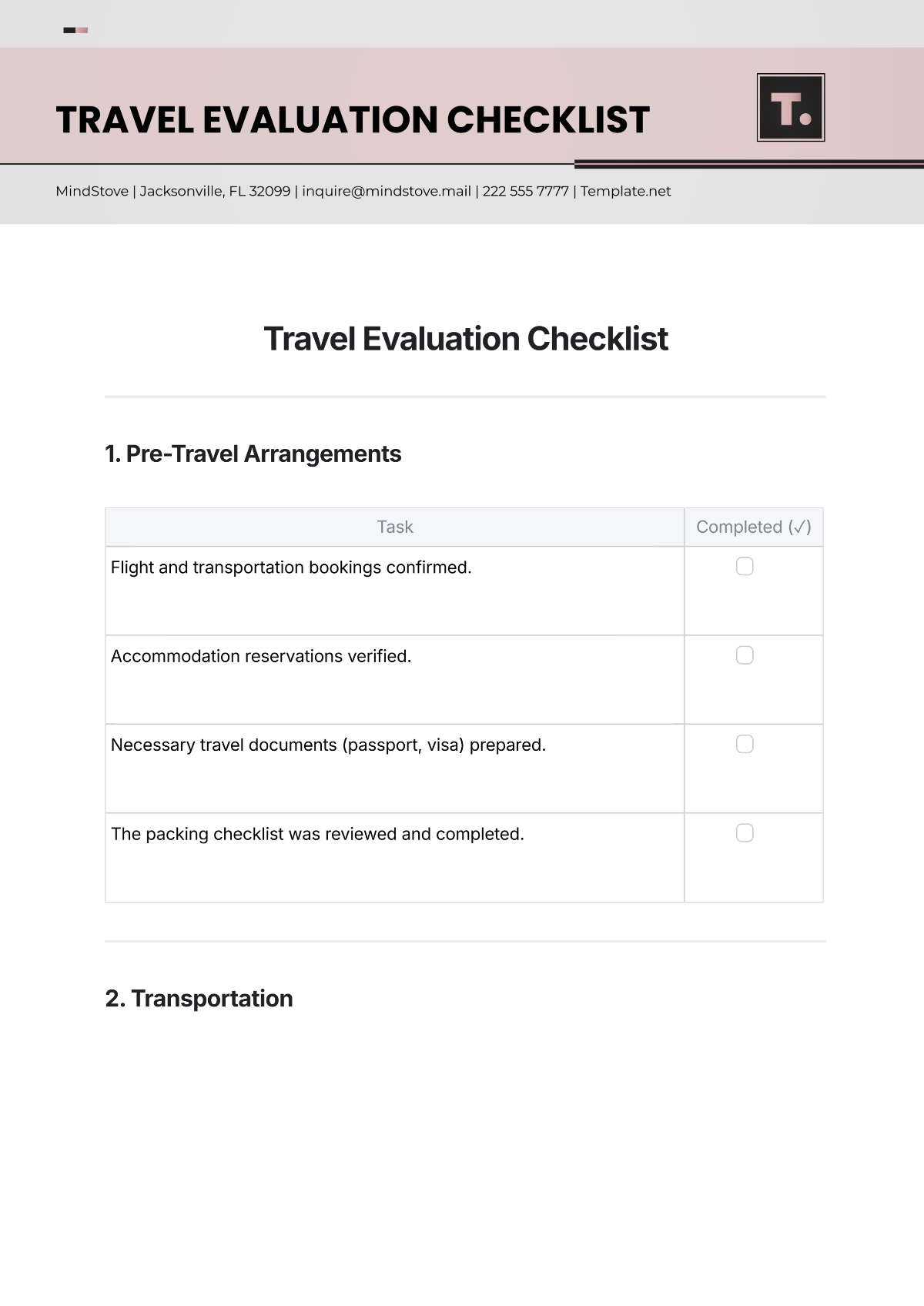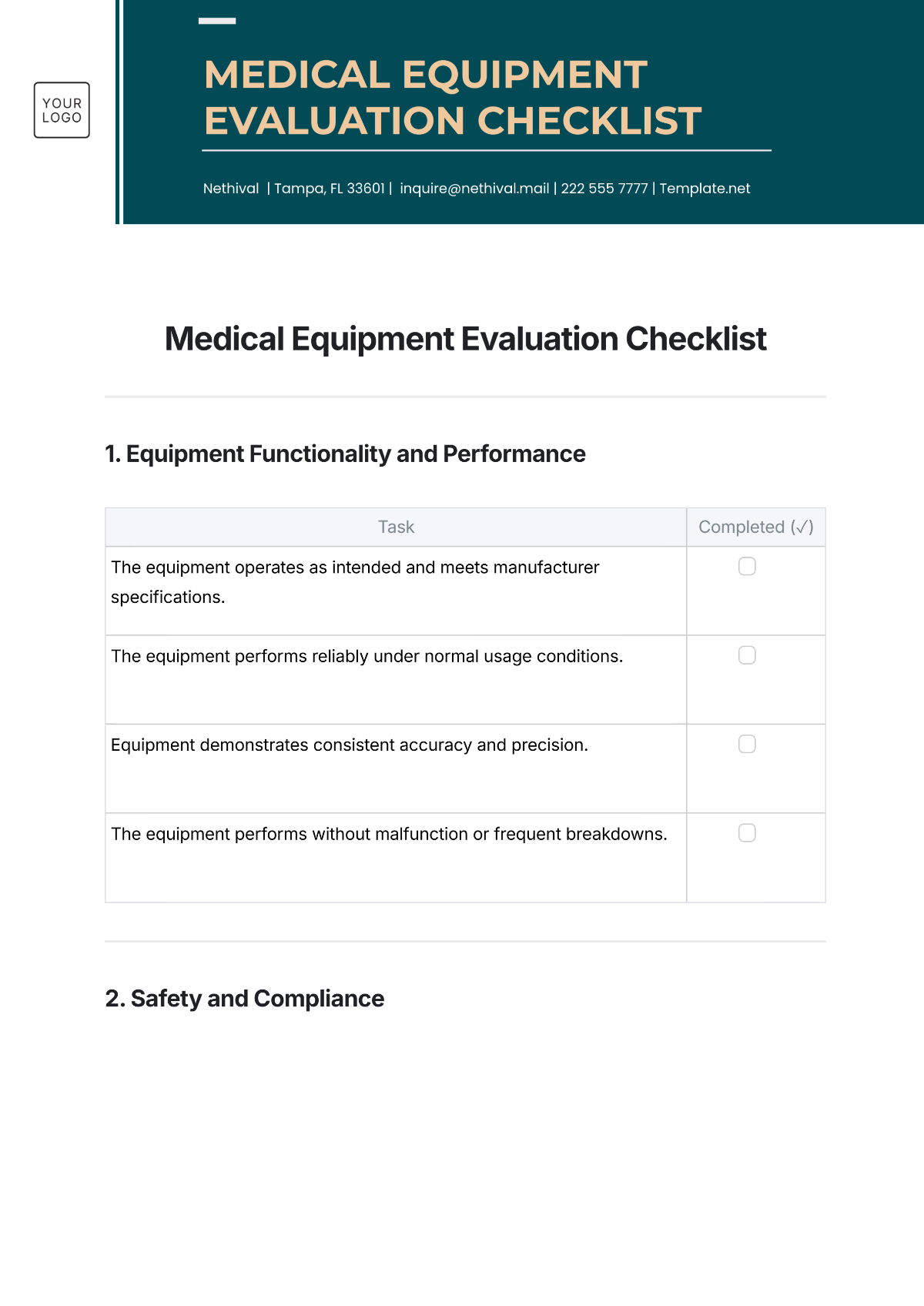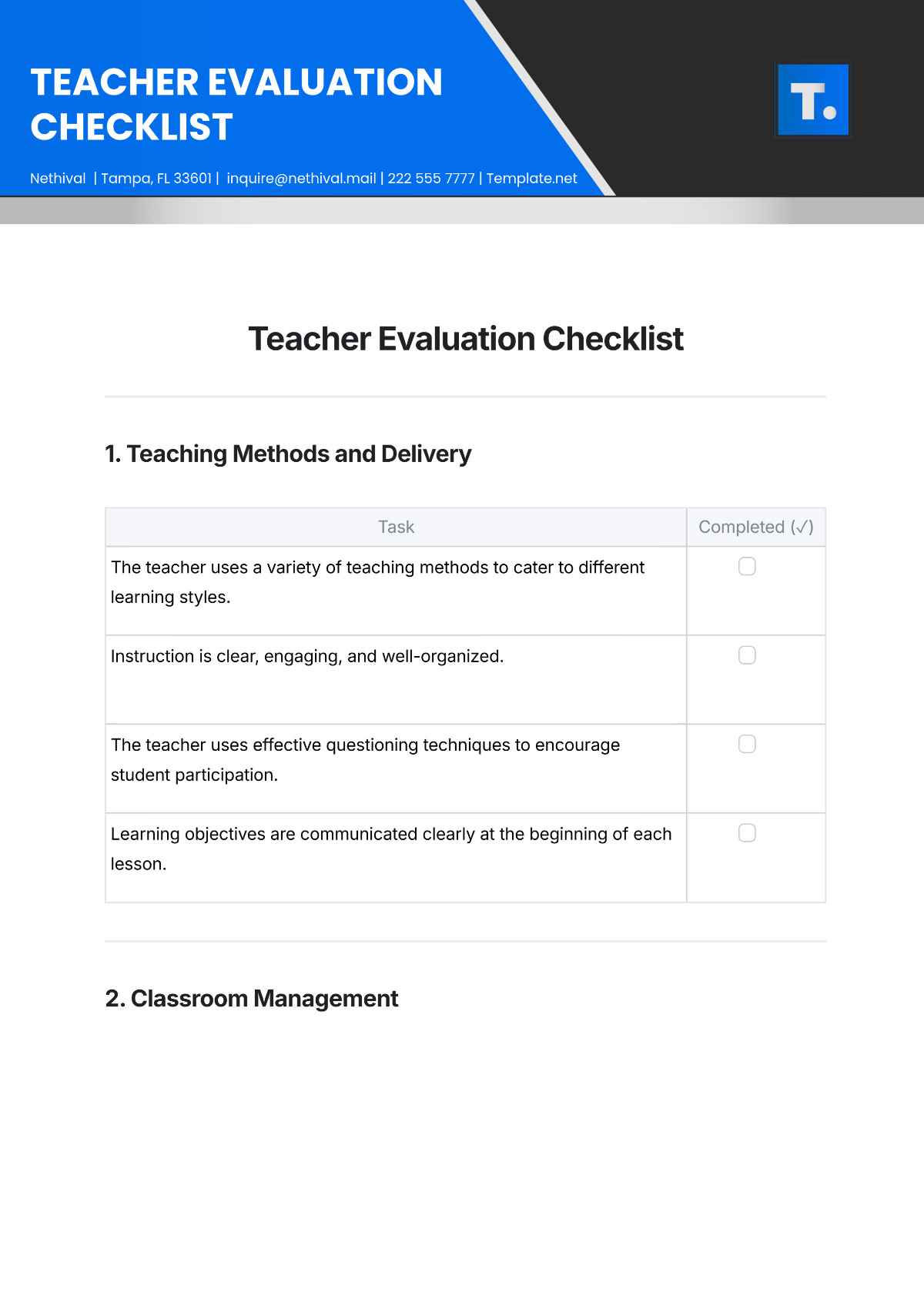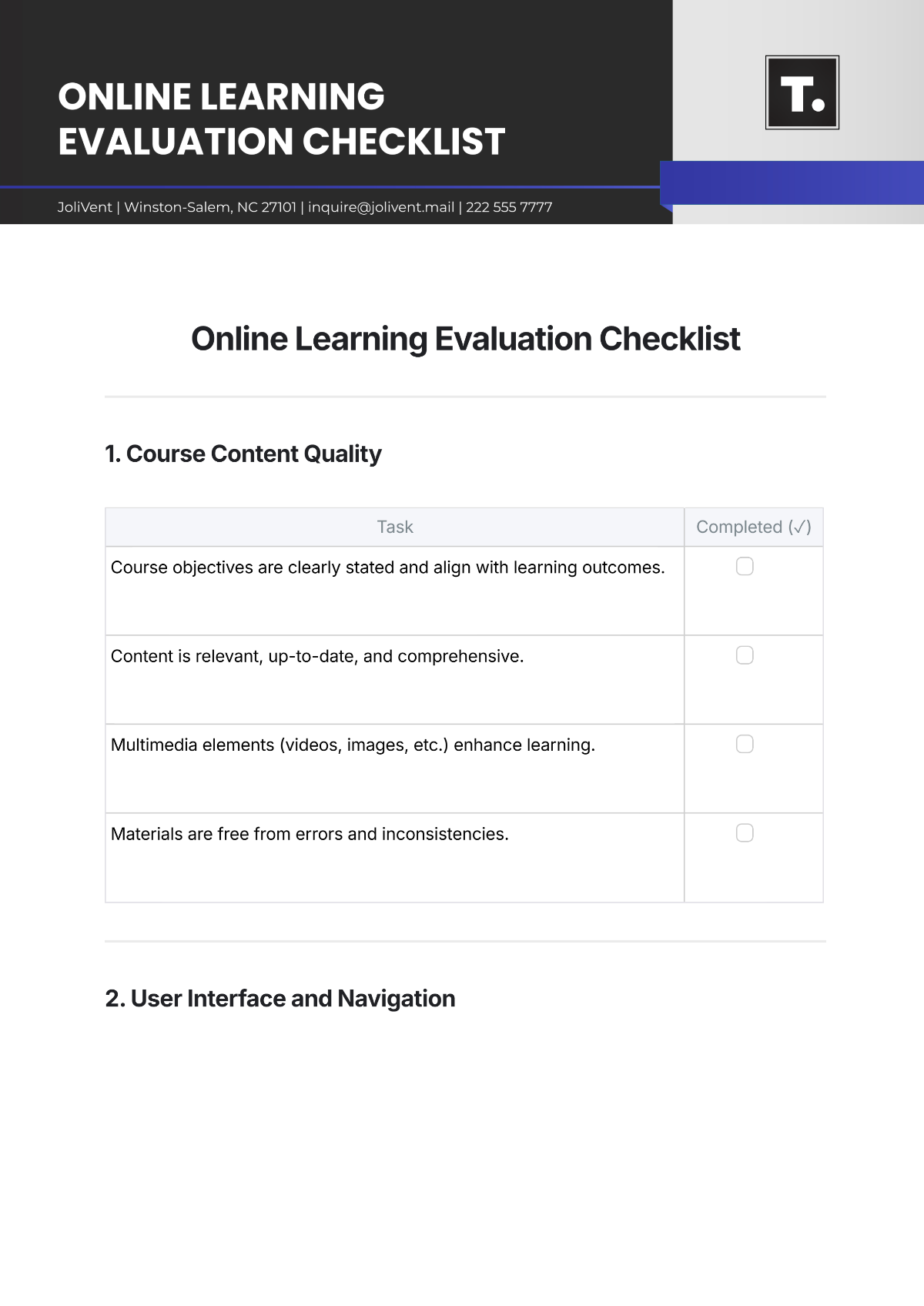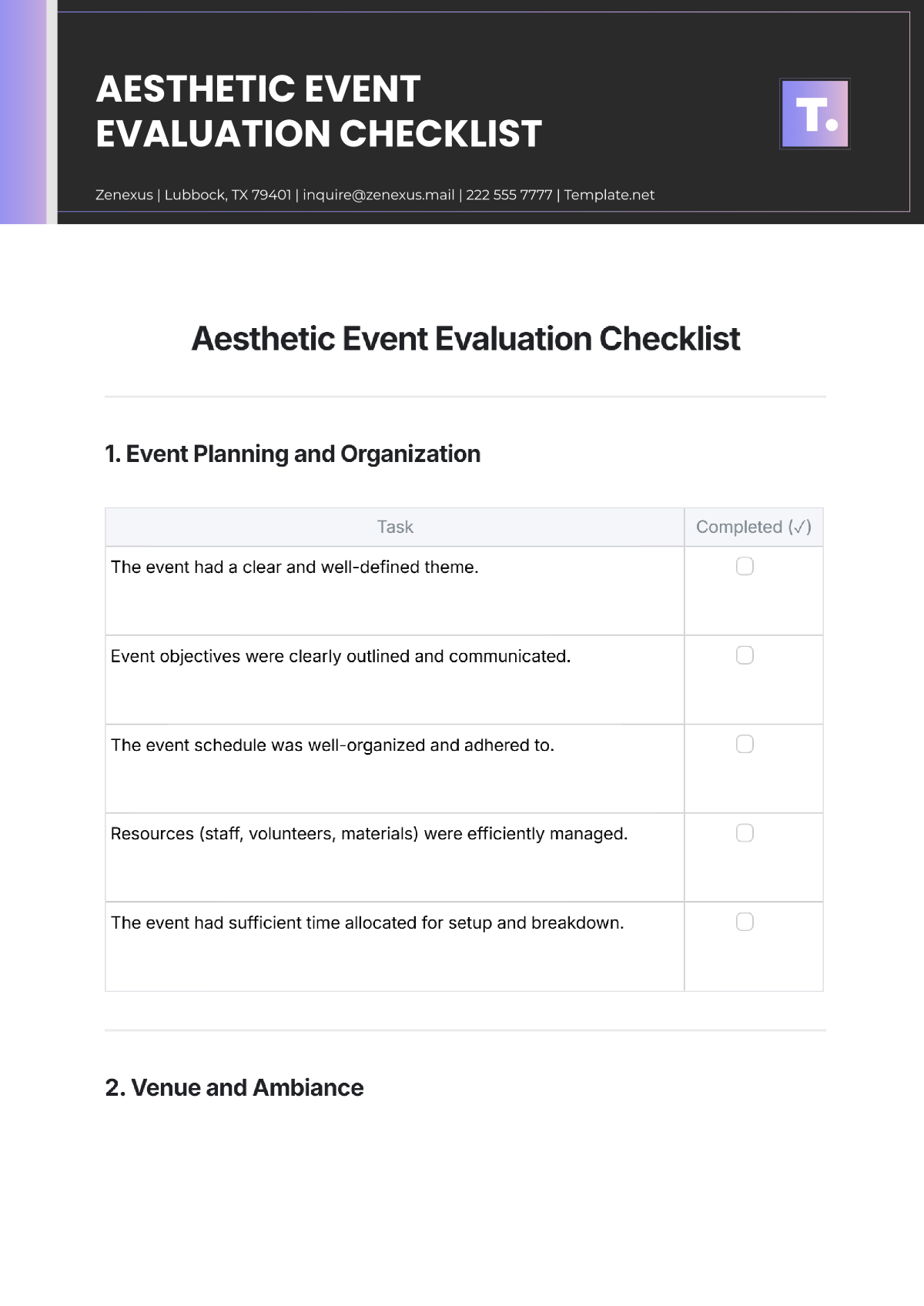POST-SALE SUPPORT TRAINING EVALUATION
This evaluation document meticulously reviews the post-sale support training program facilitated by [Your Company Name] on [Month Day, Year]. The purpose of the training was to enhance the capability of our customer support team to deliver top-tier service experiences to [Your Client Name].
Evaluation Methodology
Data Collection Techniques
Pre- and Post-Training Assessments: These assessments were designed to quantify the knowledge acquired regarding our products and customer service procedures.
Participant Observation: Training facilitators kept detailed notes on each participant's level of engagement and interaction, which were later used to inform the overall effectiveness of the training.
Feedback Surveys: Distributed immediately after the conclusion of the training, these surveys provided critical insights into the participant’s subjective experiences and suggestions for improvement.
Performance Metrics Analysis: A thorough review of customer service performance metrics before and after the training period helped quantify the actual impact of the training on service quality.
Data Analysis
The data analysis was carried out using the latest in statistical analysis software, enabling a nuanced comparison of assessment scores and a robust correlation analysis between participant satisfaction levels and performance metrics improvements.
Participant Engagement
Attendance and Participation
Total Participants: [50] representatives were selected based on their roles in customer interaction and service.
Sessions Held: A total of [5] interactive sessions were conducted, each designed to optimize learning through active participation.
Average Attendance Rate: [96%], indicating a high level of commitment to the training.
Active Participation Rate: [89%], showing a significant majority were actively involved in the training exercises and discussions.
Engagement Level
Engagement was scored by facilitators after each session, with scores indicating the level of active involvement and attentiveness to the training material:
Average Engagement Score: [4.3], on a 5-point Likert scale, signifying a strong engagement from the participants throughout the training.
Knowledge Acquisition
Assessment Scores
These scores were pivotal in determining the direct knowledge gains from the training sessions:
Assessment
Pre-Training Avg.
Post-Training Avg.
Improvement
Product Knowledge
70%
90%
28.6%
Participants showed substantial improvements in both product knowledge and understanding of support protocols, vital for effective customer service.
Knowledge Retention
A follow-up test was conducted to ensure that the knowledge imparted was retained effectively:
Knowledge Retention Rate: [85%], which showcases the sticky nature of the learning methods applied.
Practical Application
Skills Application Rate
We assessed the application of skills in real-world scenarios within the workplace:
Skills Application Rate: [82%], indicating that most of the participants were able to integrate the training into their daily tasks successfully.
Customer Impact
We analyzed the direct impact on customers through feedback and resolution metrics:
Positive Feedback Incidence: This metric saw a [40%] increase, suggesting customers recognized and appreciated the enhanced service quality.
Resolution Efficiency: Improved by [25%], indicating faster resolution times and more effective problem-solving post-training.
Satisfaction and Feedback
Training Satisfaction Scores
Satisfaction scores are critical indicators of the training's reception by the participants:
Item
Average Score
Content Relevance
8.7
Trainer Expertise
Interactive Elements
Overall Satisfaction
High satisfaction scores across the board suggest that the training was well-received, with the expertise of the trainers being a particular highlight.
Qualitative Feedback Highlights
Participants particularly valued the real-life scenarios that were enacted through role-plays, which provided them with a practical understanding of how to apply their new knowledge. They recommended the introduction of more case-based learning sessions in future training sessions.
Performance Metrics Impact
Pre- vs. Post-Training Metrics
We reviewed key performance indicators that directly reflect the quality of customer service:
Metric
Pre-Training
Post-Training
Change
Average Call Resolution Time
8 min
6 min
-25%
Customer Satisfaction Rating
First Call Resolution Rate
The positive shifts in these metrics demonstrate the tangible benefits of the training program on our service capabilities.
Return on Investment (ROI)
A strong ROI is indicative of the financial viability of the training program:
Training Cost: [$10,000], invested in the development and delivery of the training program.
Estimated Annual Savings from Improved Efficiency: [$50,000], forecasted based on the improved performance metrics.
ROI: [400%], which underscores the economic benefit of the program alongside the qualitative improvements.
Conclusions and Recommendations
The training not only led to measurable improvements in knowledge and skills but also resulted in enhanced customer service outcomes and operational efficiency. The evaluation has demonstrated the efficacy of the training and its positive reception by the participants.
Recommendations:
More integration of real-world case studies to solidify learning.
Implementation of semi-annual refresher courses to reinforce knowledge.
Extension of the training program to encompass advanced problem-solving and customer service strategies.
Projected Next Steps:
The incorporation of these recommendations will commence in the [third quarter of 2050].
A subsequent evaluation will be conducted in the first quarter of [2051] to measure the long-term impact of these improvements.


